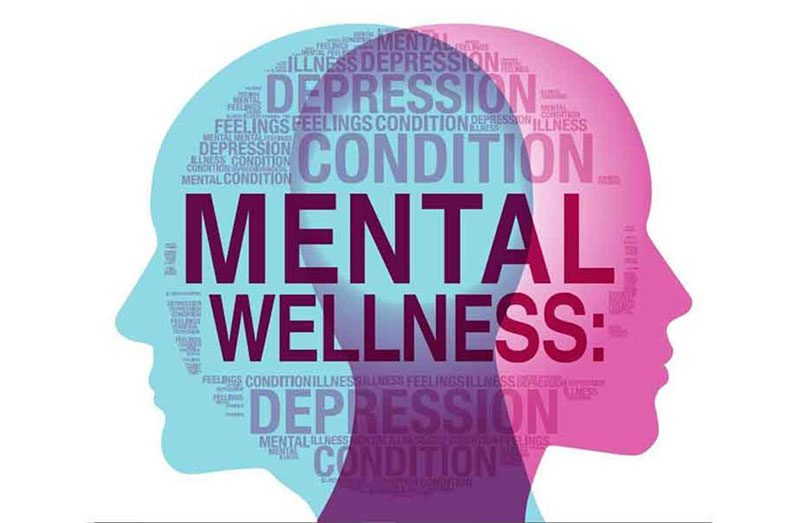— denied and misunderstood
By Vanessa Cort
I SENT the link of my last article on stress to a friend of mine in England and I was surprised and horrified by his reaction. He did not consider stress an illness and felt that those with wealth and fame are buffered by their money and simply “moaning” when the talk of feeling stressed.
In fact, he declared that stress is a “self-inflicted condition” which he further termed a “modern condition”.
After a back and forth in which I tried to change his view, which he clung to fiercely, I realised that there must be many more people out there who share his opinion, and dogmatically announce that mental illness on the whole is not “illness”.
And herein lies the problem. Those who deny the breadth and depth of mental illness will ignore the signs in themselves and in those around them. They do not consider psychiatrists and psychologists/psychoanalysts as legitimate doctors and so will not seek professional help even if they do acknowledge feeling mentally unwell.
However, when one of my daughters, during a discussion on the subject, asked the question: “Don’t people (the detractors) realise that the mind controls the body and if the mind is in trouble it will affect the body?” I could only add questions of my own.
“Why is it that these naysayers can accept the fact of physical illness and reject those illnesses which affect the mind?” Why, indeed, would they not place even higher priority on conditions which adversely affect the controller of the body?
Kendra Cherry, writing for ‘VERYWELL mind’, says “Denial is a type of defense mechanism that involves ignoring the reality of a situation to avoid anxiety.” She, however, goes on to say that this may be useful in helping people adapt in the short-term but it can also prevent them from addressing problems in their lives and from getting the treatment they need.
This certainly applies to mental health. And indeed the first person to describe denial was none other than the world-renowned psychoanalyst, Sigmund Freud, who called it a refusal to acknowledge “upsetting facts about external events and internal ones”.
However, it seems that while the medical profession has come to accept the reality of stress, various forms of depression, anxiety and other related mental health issues, a great many of us are still unwilling to give credence to this.
And a staff report from the Mayo Clinic in the US points out that “you can be in denial about something happening to you or someone else”. So in my friend’s case, he is not only denying that stress can be felt by certain categories of people, such as the wealthy, but his opinion spills over to people in general, when he disparages stress as some sort of unnecessary complaining about one’s feelings.
His is borne out by the Clinic report which states that when you are in denial you “downplay possible consequences of the issue”.
And of course this means that things will only get worse. For just as a persistent stomach ache ignored can lead to an ulcer, so too can stress or anxiety ignored lead to greater mental issues.
When this happens and people, in some cases, begin to display signs of mental instability we then start to take notice, and still in a negative way, often pronouncing them ‘mad’ and suggesting that they be shunted off to an institution for treatment.
In its report the Clinic asks that we consider certain examples of unhealthy denial, such as a college student who witnesses a violent shooting but claims not to be affected by it.
And I would ask those who deny the severity of mental illness and thus the importance of mental wellness, to consider the harmful repercussions that may result from ignoring it either in themselves or someone around them.
For as the World Health Organisation (WHO) so succinctly says, “There is no health without mental health”.


.jpg)











